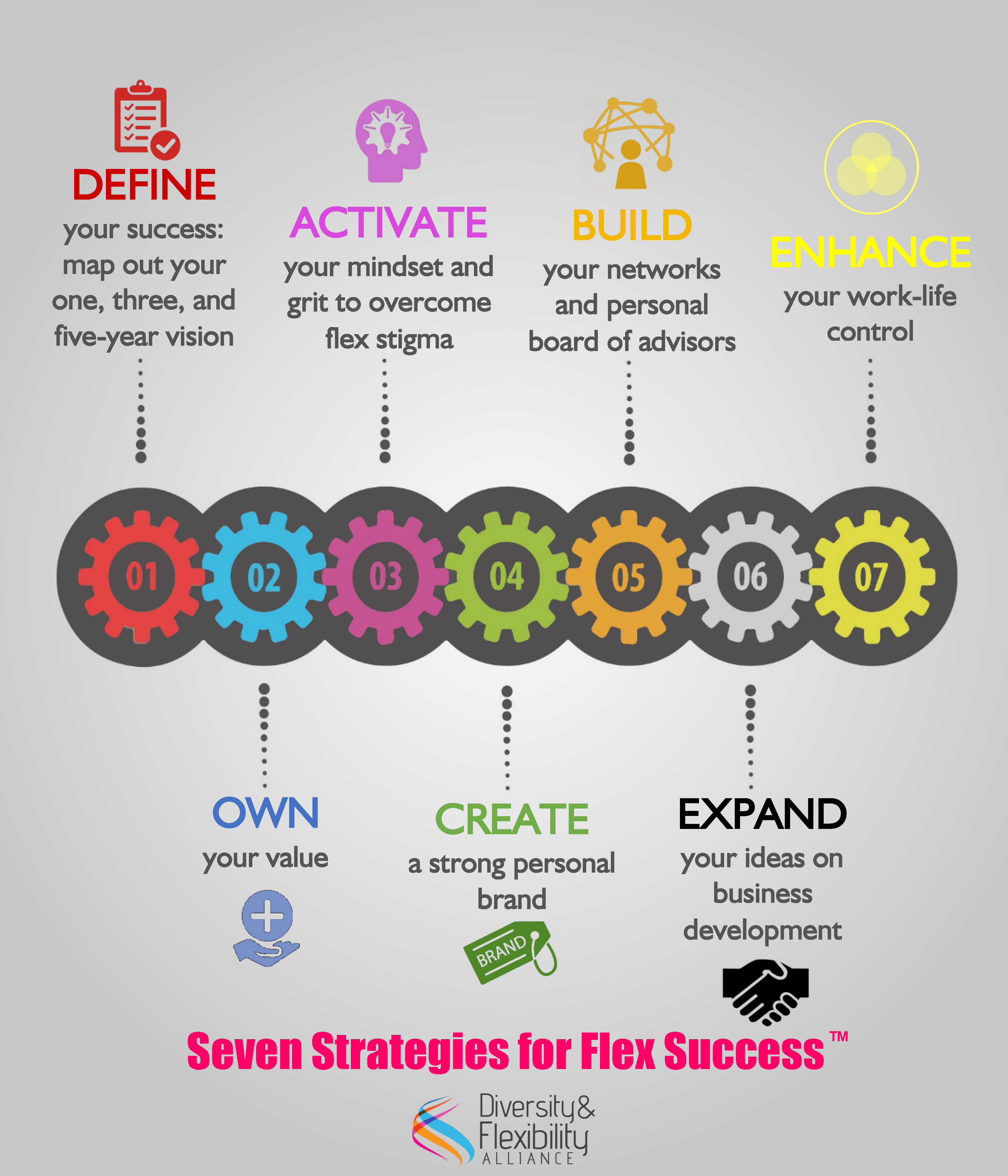The Spotlight on Flex showcases professionals from member organizations who exemplify personal and professional success while working a flexible schedule. Their stories illustrate the long-term benefits that flexible schedules offer to both individuals and organizations.
This month, we are pleased to share insights from Jamie Drewry, Partner in the Indianapolis office of Faegre Baker Daniels LLP.
 Diversity & Flexibility Alliance: How have you made flexibility a priority and a success through your schedule?
Diversity & Flexibility Alliance: How have you made flexibility a priority and a success through your schedule?
Jamie Drewry: I summered at FaegreBD in 2006 and then started as a full time, first year associate in 2007. As a first year associate, my primary focus was to build relationships with the partners in my group; I had a very internal versus external focus. In 2013, I was a sixth year associate and had my first child. The firm has a very generous maternity leave policy, and I was out on leave for about four months. I came back full time, but when I found out I was pregnant with my second child about one year later, I started to explore flex as an option. I knew the firm had flexible schedule options, but I really hadn’t looked into them before.
FaegreBD made switching to a flex schedule an easy choice. It was clear the firm meant what they advertised on paper regarding their flex policy. I moved to a schedule with 80 percent of the standard billable hour requirement in 2015 and went on another four month maternity leave after the birth of my second child. I was put up for partner while on leave, returned to work at an 80 percent, reduced hours schedule, and was made partner at the end of that year. This is my first full year as a partner, and it’s clear the firm has been incredibly supportive of my career and schedule.
I’m still in the office five days a week from 9am – 5pm, but I try to work from home one day a week. I focus on my kids in the morning and evening. Once the kids are in bed, I return my focus to work with the goal of preserving my weekends. Read more


 Diversity & Flexibility Alliance: How have you made flexibility a priority and a success through your schedule?
Diversity & Flexibility Alliance: How have you made flexibility a priority and a success through your schedule?